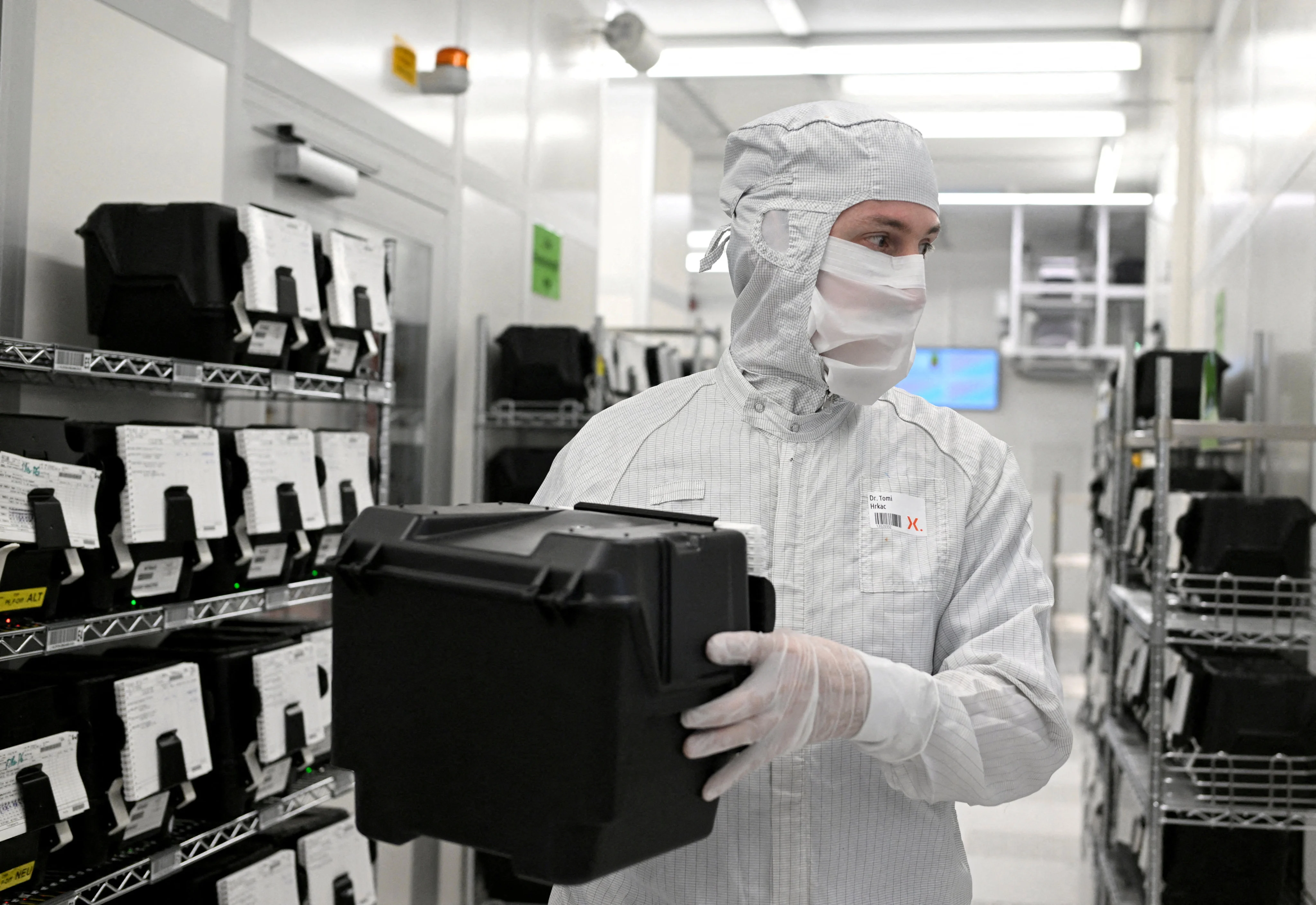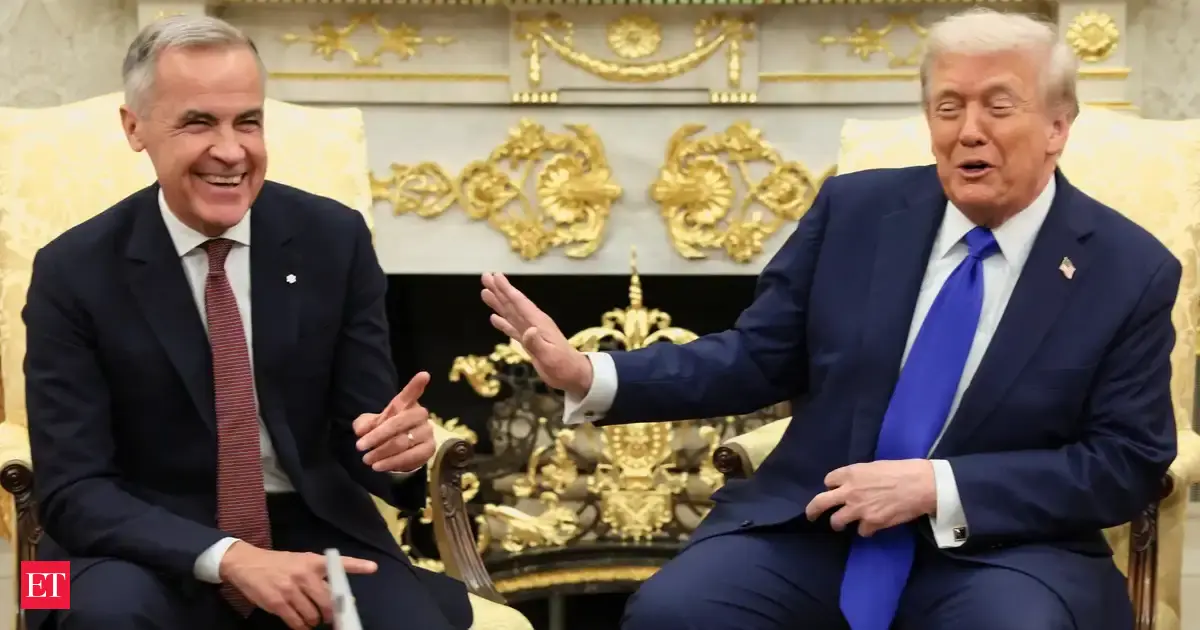Copyright scmp

Beijing has blamed the Dutch government’s inaction in resolving the Nexperia dispute, saying The Hague has failed to show a “constructive attitude” and thus is escalating the global semiconductor supply-chain chaos. Tuesday’s criticism came days after China agreed to exempt compliant orders for chips made by Nexperia’s Chinese facilities from an export ban, following the latest round of trade negotiations with the United States. While China’s latest move was “in a responsible effort to maintain the stability and security of the global semiconductor supply chain”, the Dutch side “continued to act wilfully without taking concrete actions to solve the problem, which will inevitably exacerbate the negative impact on the global semiconductor supply chain”, China’s Ministry of Commerce said. “This is something that the Chinese side and the global industry do not want to see,” the ministry statement added. The Dutch government took the unusual step of seizing control of Nexperia from its Chinese owners on September 30, citing national security concerns and invoking a law that had been sitting idle since 1952. Although Dutch court filings suggest the action was triggered under US pressure – particularly Washington’s recent move to expand the coverage of its trade backlist. The move raised serious concern in China and led Beijing to place export controls on certain components made by the firm’s China unit, threatening to disrupt the supply chains for global carmakers that rely on Nexperia’s products. The European fabrication facilities under the Dutch chipmaker’s head office have also suspended the supply of wafers to its Chinese units since late October, where around 70 per cent of the packaging is done. “We hope that the Dutch side will act responsibly and work with us to maintain overall China-Netherlands and China-Europe business relations and the stability and security of the supply chain,” the commerce ministry said, adding that the Dutch government should “stop interfering in the internal affairs of companies and find a constructive solution to the Nexperia matter”. China will also firmly defend the legitimate rights and interests of its companies and work to keep the global semiconductor supply chain stable and unimpeded, it added. The Dutch government did not immediately respond to a request for comment. Nexperia is a critical supplier of legacy semiconductors, particularly for automotive and industrial applications. While its chips are not cutting-edge, its sheer scale and the lengthy process required to certify alternative suppliers make the products hard to replace, according to Laila Khawaja, an analyst at Gavekal Research. The geopolitical tussle over the Dutch chip firm has been highlighted in the latest trade talks between Beijing and Washington. After the high-stakes meeting between President Xi Jinping and US President Donald Trump last week in South Korea, the White House released a fact sheet saying that China would “take appropriate measures” to ensure the resumption of trade from Nexperia’s facilities in China, “allowing production of critical legacy chips to flow to the rest of the world”. Meanwhile, according to China’s commerce ministry, the US has agreed to suspend imposing the new rule for its Entity List, which broadens the restriction to any company at least 50 per cent owned by entities on the list and is widely believed to have triggered The Hague’s takeover of Nexperia in late September. “While the immediate threat to auto supply chains may have been defused by the Trump-Xi agreement, the final resolution of Nexperia’s fate will require further negotiation between Dutch or EU officials and China, in which China will have the preponderance of leverage,” Khawaja said in a note on Monday. Additional reporting by Xiaofei Xu



